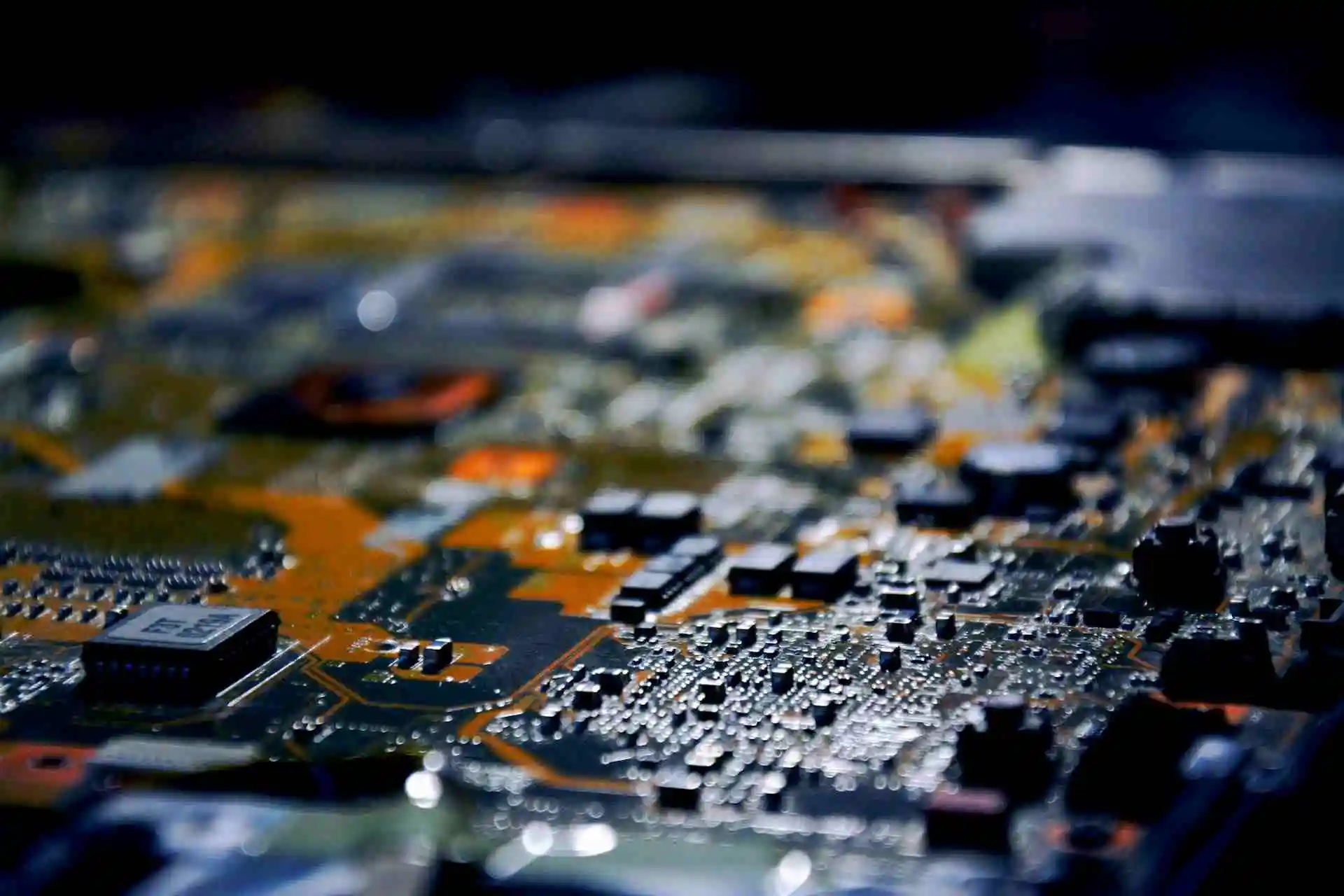With Microsoft recently revealing plans to spend $80 billion developing data centers around the world this year, there appears to be no slowdown in investment in artificial intelligence (AI) technology. Meanwhile, as corporations promote their AI models, they need increasingly more manufacturers to train.
Both Nvidia and Broadcom have targeted customers deploying AI chip clusters of 1 million or more shortly, a major increase beyond what recent AI models have been trained on.
Let's look at two semiconductor stocks that should benefit from AI chips' continued proliferation.
1. Taiwan Semiconductor
Today, most chipmakers, such as Nvidia and Broadcom, build chips and outsource manufacturing to a third party. Manufacturing semiconductors is a complicated undertaking that necessitates a high level of technological expertise, and manufacturers always demand lowering chip size to increase processing capacity while reducing power consumption.
However, one semiconductor contract manufacturer has stood out as the clear champion in the space: Taiwan Semiconductor (NYSE: TSM), also recognized as TSMC. The AI chip boom has substantially enhanced the company's revenue and earnings. Last quarter, its profit grew 36% to $23.5 billion, while its earnings per ADR increased 50% to $1.94 from $1.29 the year before.
Given its scale and technological advantages, the company has long been the preferred contract manufacturer for advanced semiconductors. As its competitors faltered, the business got enormous pricing power, enhancing its gross margin to 57.8% last quarter from 54.3% the year before. There have been reports that the corporation has also raised its prices for 2025. Meanwhile, it has been enhancing its capacity by constructing new foundries.
2. ASML
Although TSMC creates semiconductor chips, ASML Holdings (NASDAQ: ASML) manufactures the machinery utilized by TSMC and other foundries to make those chips. These cutting-edge chips employ extreme ultraviolet (EUV) lithography, of which ASML is the established leader. The cost of its EUV machines can proceed to $200 million.
According to reports, ASML executives will soon meet with TSMC officials to discuss TSMC's plans. TSMC might not require these high-NA EUV machines for mass production until at least 2030.
TSMC has just unveiled its next-generation high-NA EUV technology, which will cost about $380 million per machine. According to TSMC, high-NA EUV technology is not needed to make current-generation high-end chips.
TSMC adopted EUV technology, whereas Intel accepted it later to maximize earnings. This is partly why the two companies are in their current positions. Because of this, there's still a considerable probability that TSMC will start using high-NA EUV technology before 2030.
Due to concerns about even higher export restrictions on semiconductor technology, ASML has been transitioning with the new technology and coping with Chinese corporations forcing through orders of older technology.

